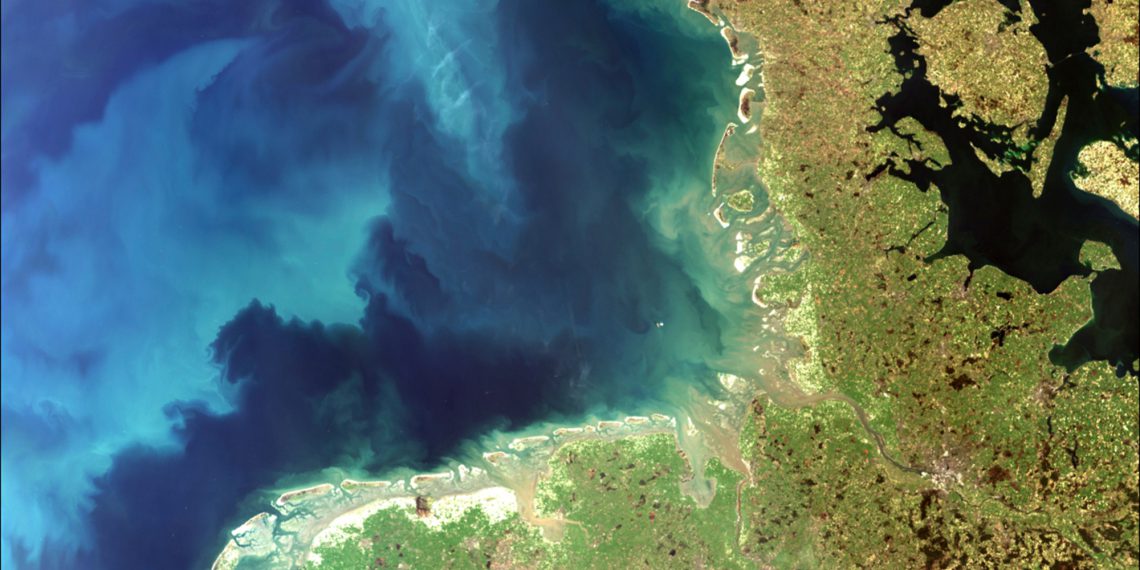On February 17 and 18, the kick-off meeting now marks the official start of the second research mission sustainMare “Protection and sustainable use of marine spaces” of the German Alliance for Marine Research (DAM). It analyzes our use of the sea and coast. Sea level rise, warming and ocean acidification, together with pollution and overexploitation of ecosystems, are causing profound problems. Two pilot projects and five collaborative projects are investigating the ecological, economic and social impacts of the use and pollution of the North Sea and Baltic Sea. The aim is to provide recommendations for action for users and decision-makers.
Food provider, energy supplier, raw material source, vacation destination and transport route. The sea and the coast are used in many different ways. At the same time, they harbor a unique biodiversity that is essential for the coastal ecosystem. SustainMare, the second DAM research mission, started in early December 2021 to investigate this complex of topics. More than 200 scientists will contribute to it. The focus is on concepts and implementations for a welfare-oriented, prosperity-securing and environmentally sound use of marine and coastal areas. The DAM mission also aims to help protect biodiversity and natural habitats. The German Federal Ministry of Education and Research (BMBF) is funding the mission with around 25 million euros over an initial period of three years.
Coast and seas in focus
The effects of use and overexploitation can reinforce each other and lead to ecological, as well as societal crises.
“The mission aims to analyze and classify the use of and pressures on marine spaces. Our sound scientific advice is intended to provide a basis for decision-makers from politics, authorities and industry.”
- Professor Corinna Schrum, director of the Hereon Institute for Coastal Systems — Analysis and Modeling
The mission also aims to develop societal options for balanced use and sustainable protection that can only be developed with the involvement of various stakeholders, user groups and the public.
SustainMare focuses on three issues. First, concepts to reduce the impacts of use and human-induced pressures on marine ecosystems and biodiversity. Second, concepts to prevent and reduce marine pollution. And third: Model-based investigations of future use scenarios and analyses of possible management options. Included are current problems such as the use of alternative energy sources, pollution from munitions waste or the crisis in fisheries. The five projects CREATE, iSEAL, SpaCeParti, CONMAR and CoastalFutures together with the two pilot projects MGF North Sea and MGF Baltic Sea form the research mission in its entirety. In addition to coordinating the mission, the Helmholtz Center Hereon is also responsible for the CoastalFutures project.
The other projects are coordinated by the Alfred Wegener Institute — Helmholtz Centre for Polar and Marine Research (MGF North Sea), the Leibniz Institute for Baltic Sea Research Warnemünde (MGF Baltic Sea), the Schleswig-Holstein State Office for Coastal Protection, National Park and Marine Conservation (iSeal), the Christian Albrechts University Kiel (SpaCeParti), the Carl von Ossietzky University Oldenburg (CREATE) and the GEOMAR Helmholtz Centre for Ocean Research Kiel (CONMAR). In the sustainMare research mission, various scientific disciplines and experts from a total of more than 40 institutes, authorities, NGOs, etc. work closely together.

















